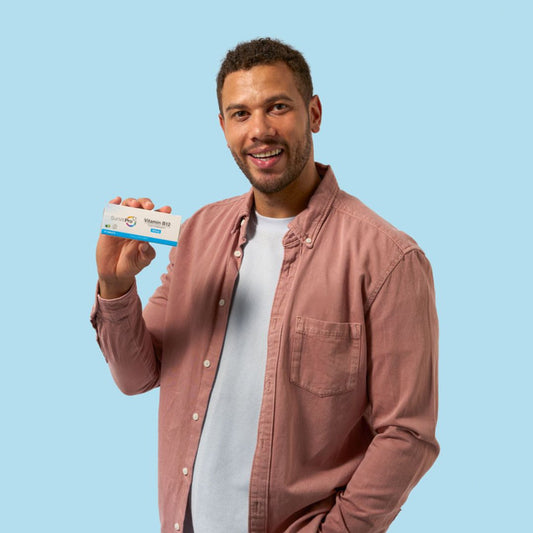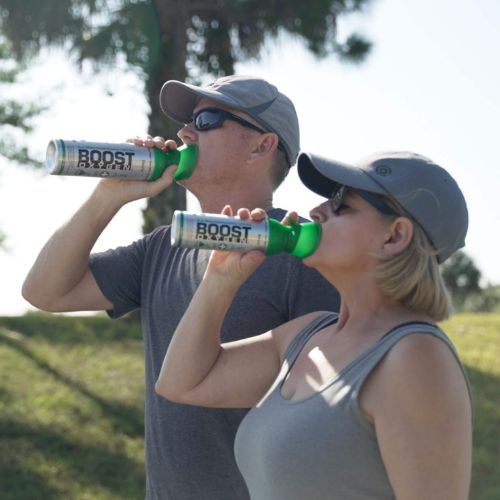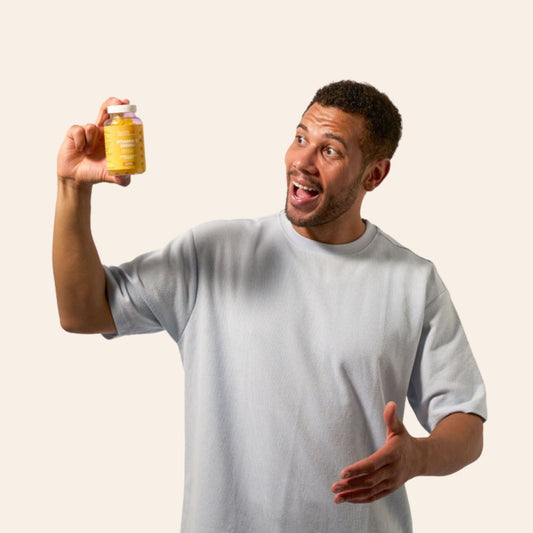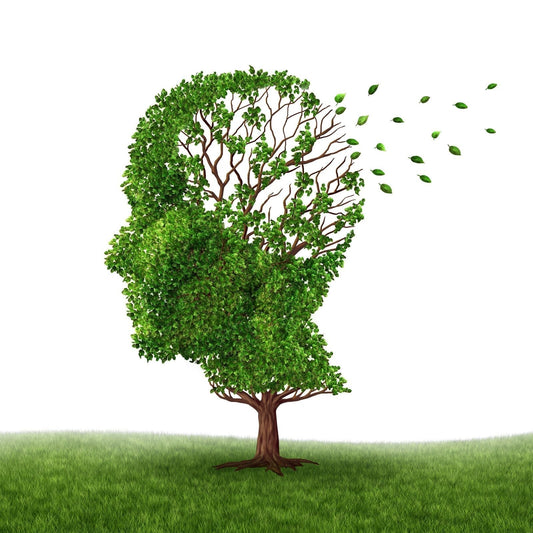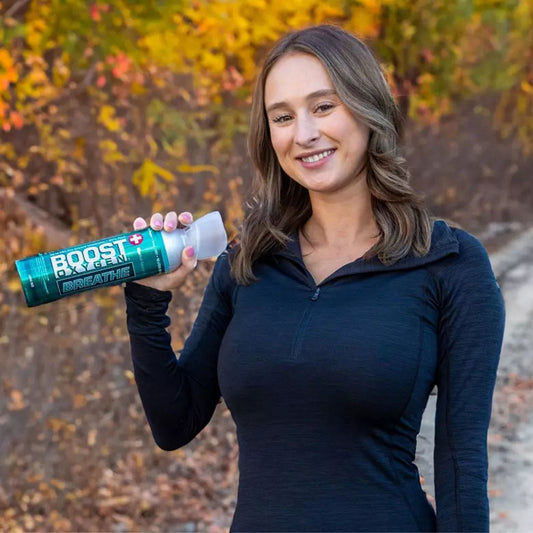
More than half a million people in the UK define themselves as vegans, and it’s a lifestyle that more and more people adopt every day for a range of motivations, whether it’s environmental, health-based or animal welfare related.
Vegans refrain from eating or using animal-based products including meat, fish, dairy and eggs. Those on a vegan diet have to ensure that they get the nutrients typically found in these products from other sources.
Is it healthy to adopt a vegan diet?
Given the increasing popularity of veganism there must be an appeal to adopting this lifestyle, but it’s difficult to claim that it’s a healthier choice for everyone given we all have different health and dietary requirements. It’s worth noting that a vegan diet has been shown to lower cholesterol, so may be recommended to people with diabetes, heart conditions and/or weight issues.
However, your diet isn’t automatically healthier just by cutting out animal-based products. A common concern around vegan diets is whether you can still get your essential intake of vitamins and minerals.
The NHS advises that a well-planned vegan diet should be enough to provide us with all the nutrients our bodies need, at any stage of our lives. However, they also advise that improper planning could mean you miss out on essential vitamins and minerals. Here are some nutrients that may be lacking in a poorly planned vegan diet:
- Vitamin B12
- Vitamin D
- Omega 3
- Iodine
- Iron
- Calcium
- Zinc
In the case of vitamin D for example, food sources include offal, liver and fatty fish, like tuna, mackerel and salmon. Milk and cheese also contain both vitamin D and calcium; another essential mineral that can be difficult for vegans to intake through diet. It’s also important to be aware that some foods that would otherwise be considered vegan – such as breakfast cereals – are fortified with non-vegan vitamin D.
SunVit-D3 vegan pine supplements
What are the recommendations for taking vitamin D supplements?
Vitamin D supplementation is recommended for all adults in the UK, regardless of their diet, especially in autumn and winter months. This is because it can be difficult to obtain that amount of vitamin D from consuming foods naturally containing or fortified with vitamin D.
Public Health England advises that 10 micrograms of vitamin D is required to maintain healthy muscles, bones and teeth. The advice given is based on recommendations of the Scientific Advisory Committee on Nutrition (SACN) after its review of the evidence on vitamin D and health.
Why can’t vegans take some supplements?
Many supplements are in fact made using animal-based products. Lactose, a form of sugar found in milk, is commonly used as a bulking agent or in the film coating of tablets. This is the case not just with dietary supplements but with many tablet-based medications.
Is vitamin D3 vegan?
It is important to be aware that some types of vitamin D are not vegan-friendly. Almost all vitamin D3 supplements are made from cholecalciferol derived from lanolin, which is extracted from sheep’s wool. SunVit-D3 has just developed a new range of vegan products that use a unique pine tree oil – you can find out more here.
If you are unsure about your intake of vitamin D then talk to your Health Practitioner.
If you plan your diet well and take the time to understand what makes up a healthy and balanced vegan lifestyle, you can get all the nutrients your body needs to be healthy without the need for supplements. You should always ask your health practitioner for advice before taking any supplement, especially if you are pregnant or breastfeeding.




